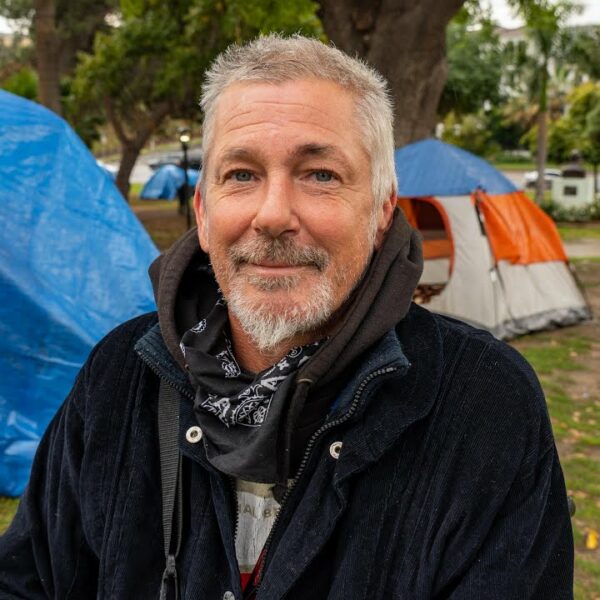Lux has been homeless since she was 16. Growing up, her mother was critically ill, so Lux lived with her stepdad. He would kick her out randomly when he was drinking. “I wouldn’t know where to go,” she said. “Eventually, it got to the point where I didn’t want to go back.” Lux is now 19. She has lived in her RV for three years and has been forced to move about 20 times.
Seattle’s controversial RV homeless sweeps have been a source of contention among advocates, residents, and city officials alike. By forcibly removing vehicle residents from their makeshift mobile homes, these sweeps not only displace vulnerable individuals but also often leave them with no alternative shelter. This policy, aimed at addressing the visible impact of homelessness in the city, has been criticized for exacerbating the issue by further marginalizing those who already face significant challenges.
The trauma and disruption experienced by people subjected to these sweeps cannot be overstated. For many, their RV or vehicle serves as a lifeline, offering a modicum of stability and protection from the elements. The sudden loss of their mobile home can have a devastating impact on their mental and emotional well-being, and without suitable alternatives, many are left to face the streets unprotected. This not only creates an unsafe environment for those individuals, but it also makes it increasingly difficult for them to access necessary resources and services that could aid them in their journey towards stable housing.
Lux receives help from Vehicle Residency Outreach in Seattle. “Joe and Jonah have been visiting me quite often,” she said, bringing her food and to Goodwill for clothes. They also let her know when sweeps will happen, so she doesn’t lose her van. “I really appreciate them.”
Bill Kirlin, Director of Vehicle Residency Outreach, said his team works with parking enforcement, which will refer the team to homeless people living in their vehicles to prevent them from getting impounded. “Being homeless is traumatic in different and unique ways,” Bill said. “Having an understanding of that helps. Three of our four people have experienced homelessness and lived in a vehicle. They better understand what comes with living in a vehicle.”
Joe Ingram is one of those people.
“What we do is go out and meet people living in vehicles,” Joe said, adding he and his partner Jonah will buy vehicle parts, provide gas money, bags of food, and get people like Lux things they need, including moving their vehicles. “If they get swept, they will lose their home, and they are walking the streets, and there are no shelter beds available. There’s no shelter to refer people to now. It’s just moving people over and over again.”
Joe has been doing outreach for over 20 years and has been homeless multiple times. “I’m good at responding to their needs,” he said. “I build bridges, bridges of trust. “I can feel the trauma and the apprehension they have. The first time I met Lux, I went home and cried. I know the trauma and the fear of not knowing what will happen next.”
According to Dr. Graham Pruss, a Vehicle Residency Expert, 30-50% of people who are unsheltered in Seattle live in vehicles. That is anywhere between 3,000 to 5,000 people. Many cities like Seattle have regulations that push oversized vehicles like RVs into industrial zones, often very far from social services. The result is a systemic disconnection between people living in vehicles and the actual social services.
Finding a solution is looking at the diversity of vehicle residents and how to connect them with the existing services – overnight temporary parking spaces, longer-term supportive parking spaces, and more permanent stable parking spaces like an RV Park or mobile home park.













